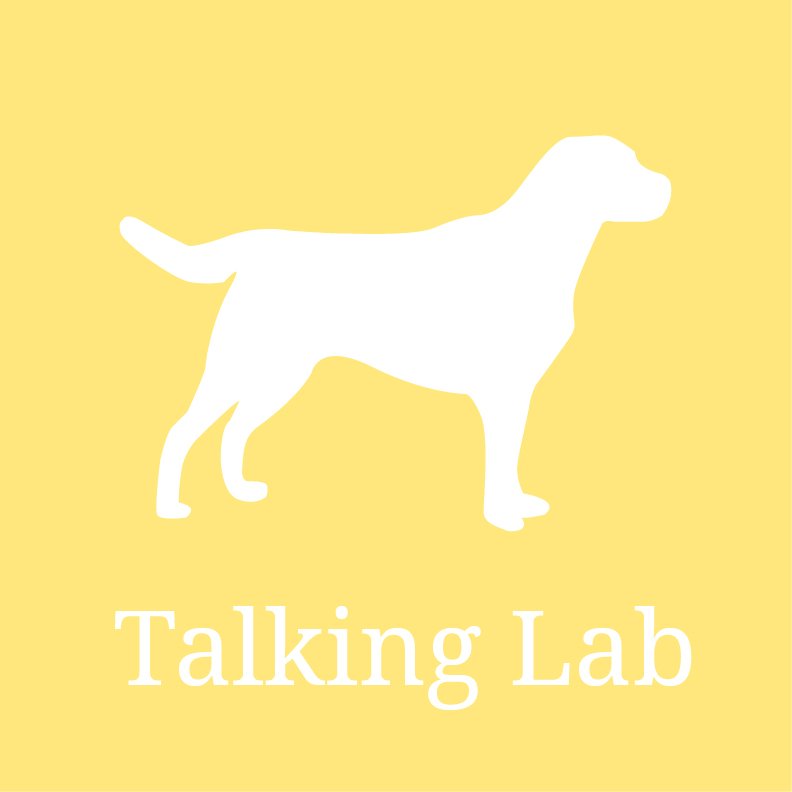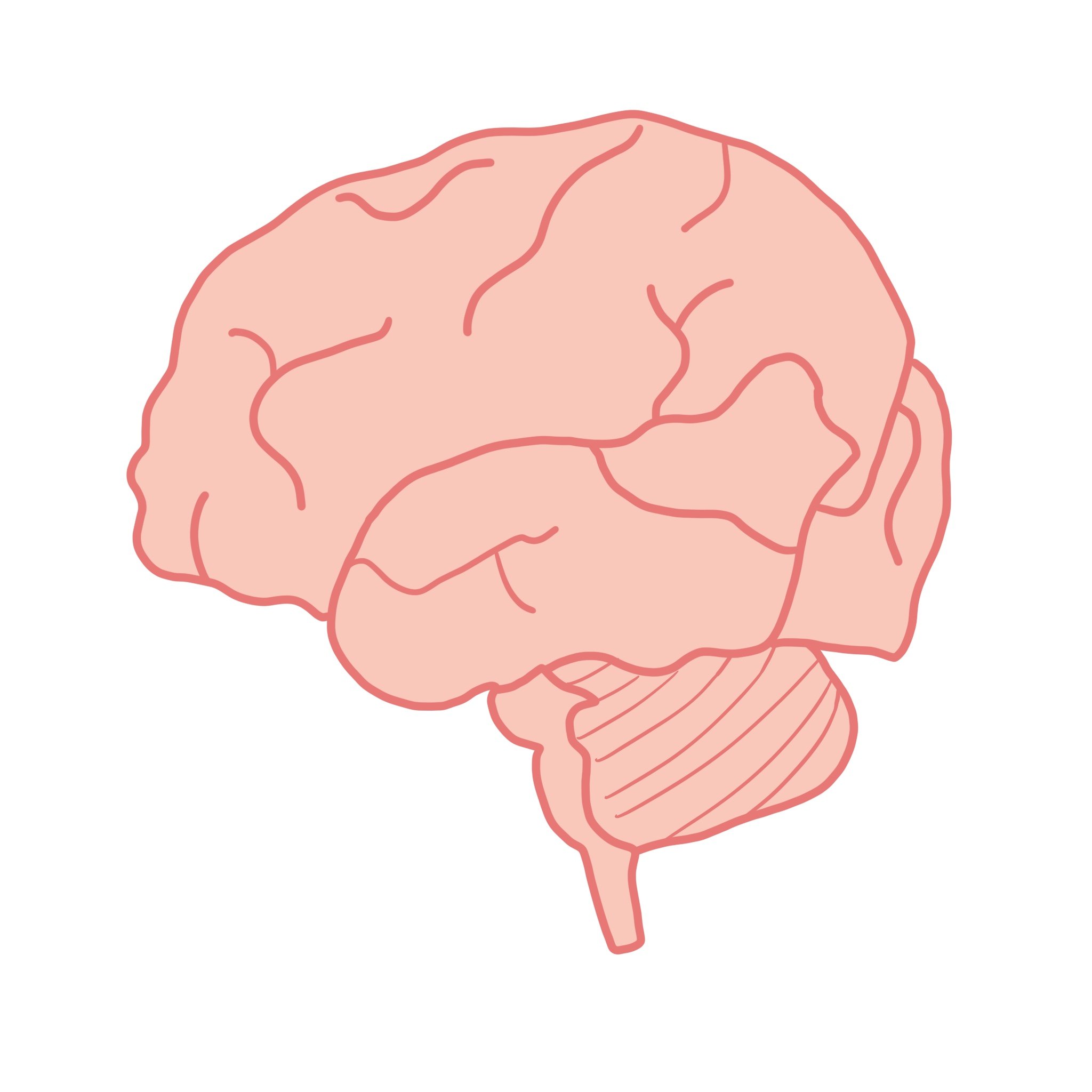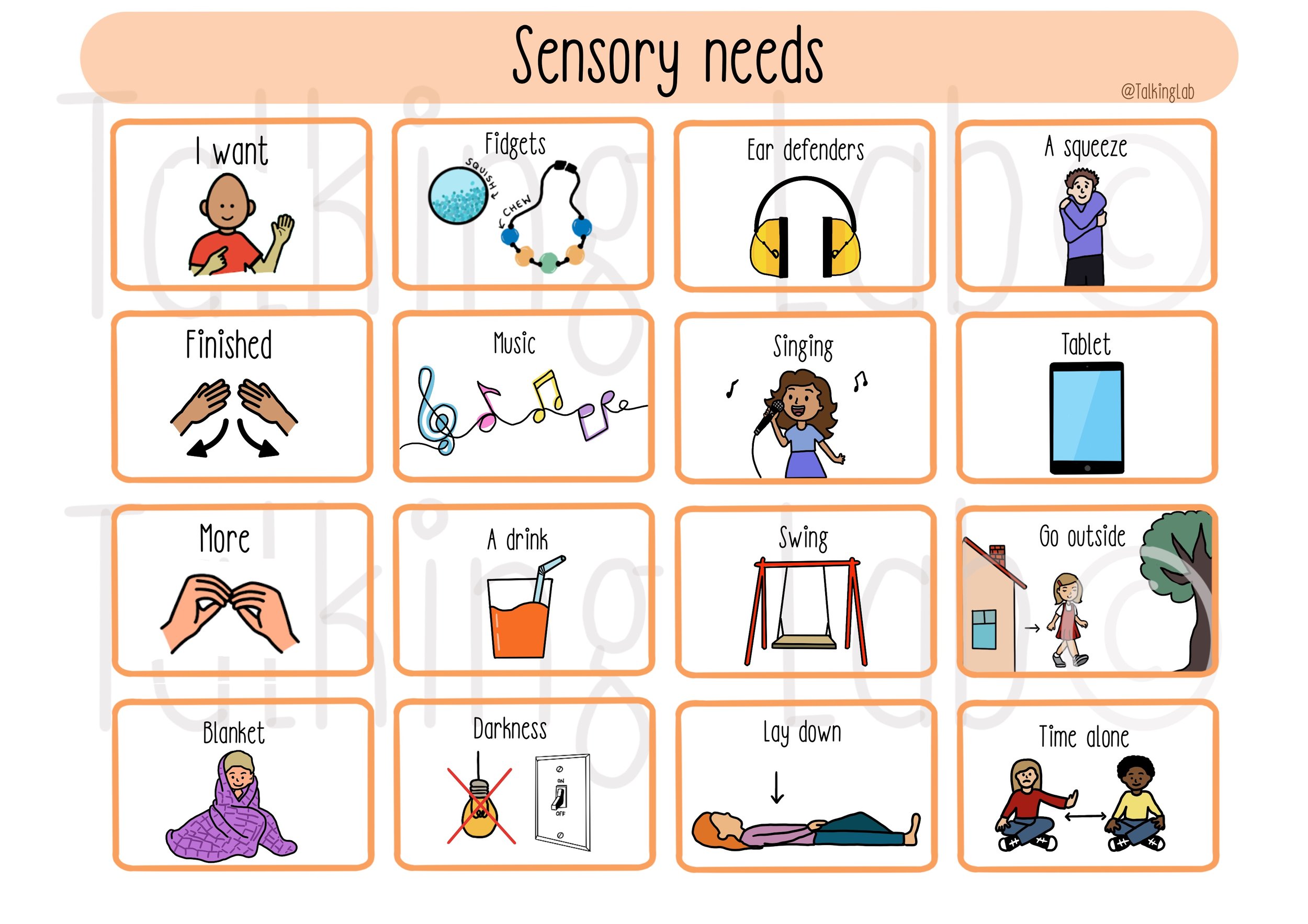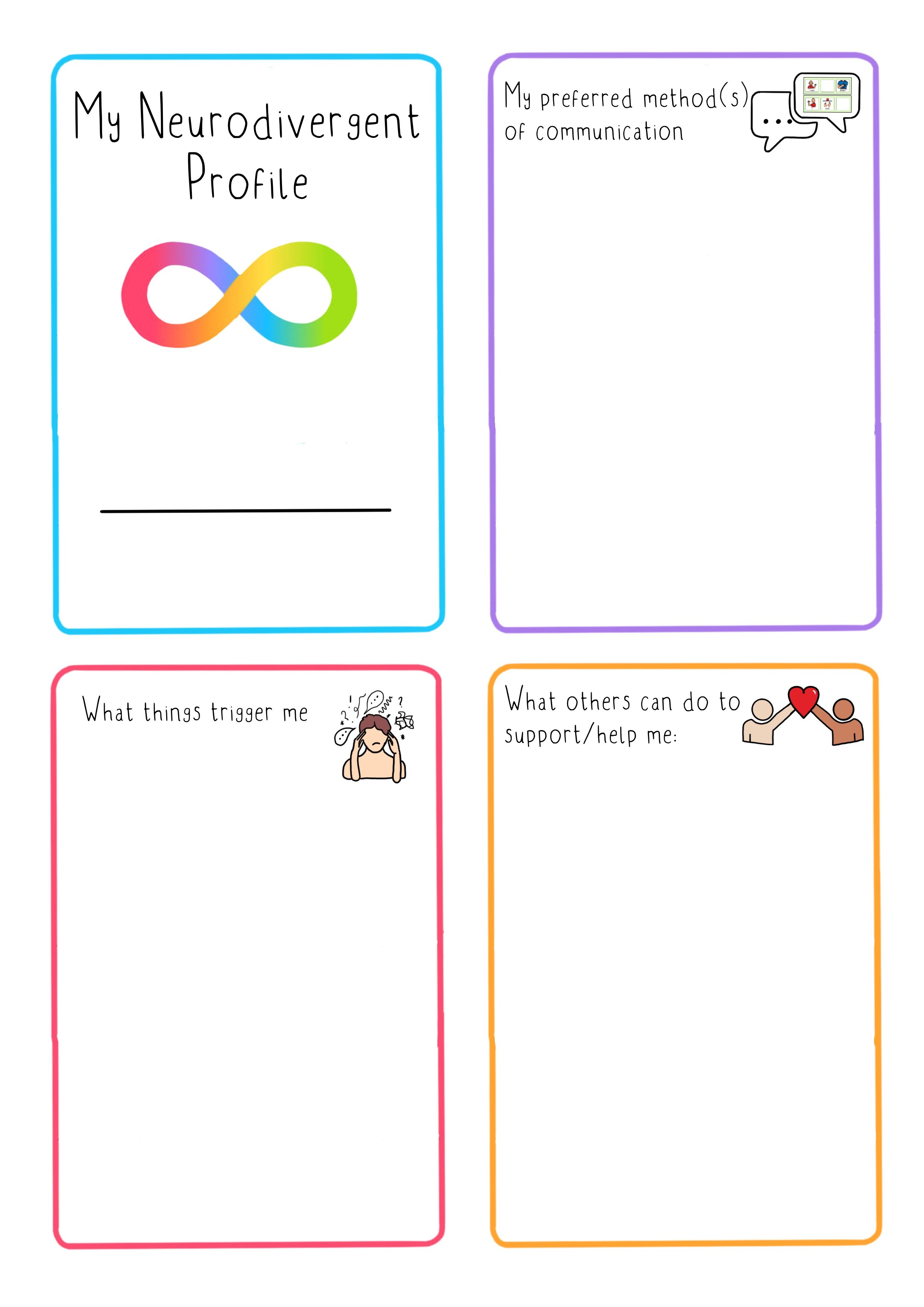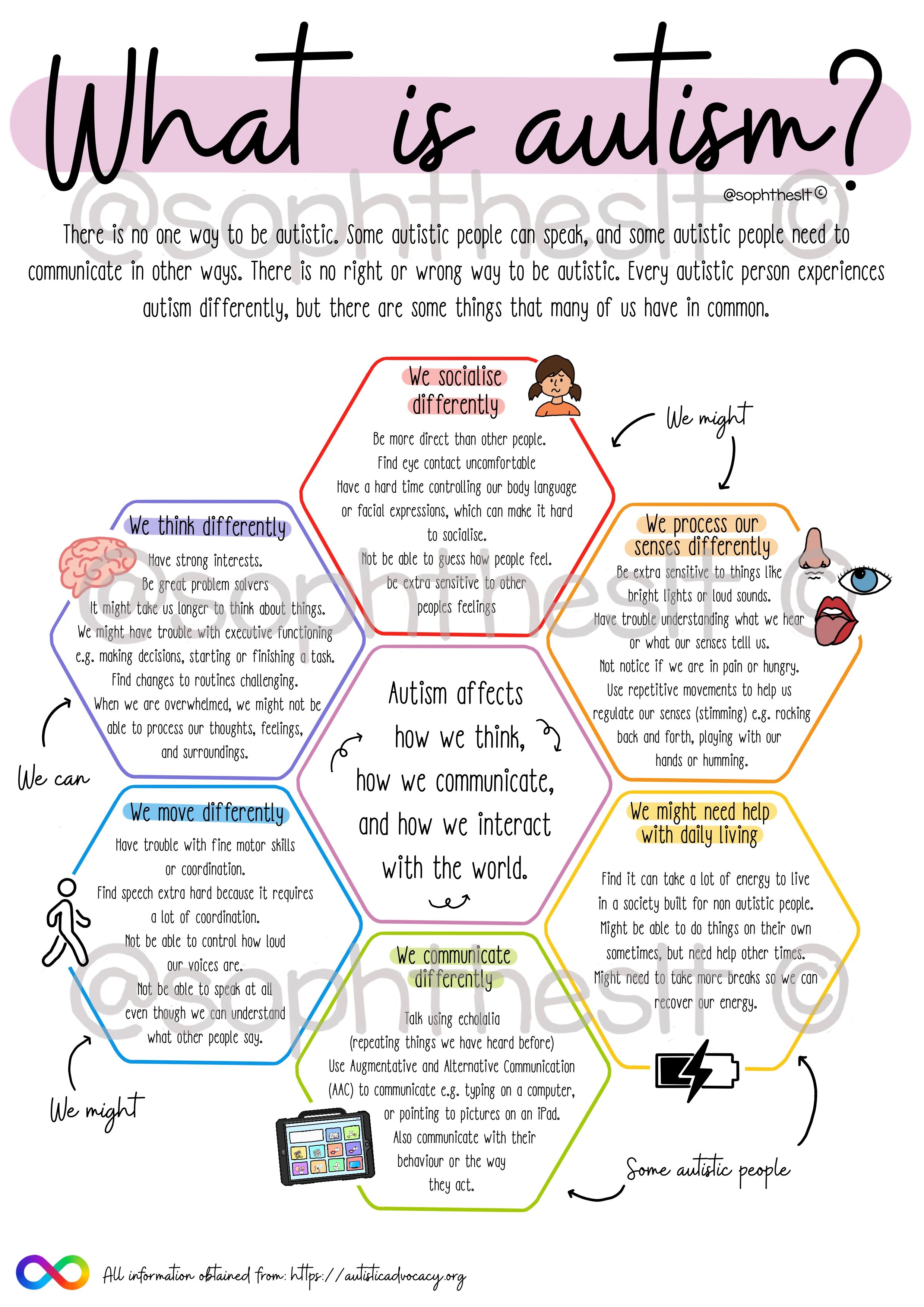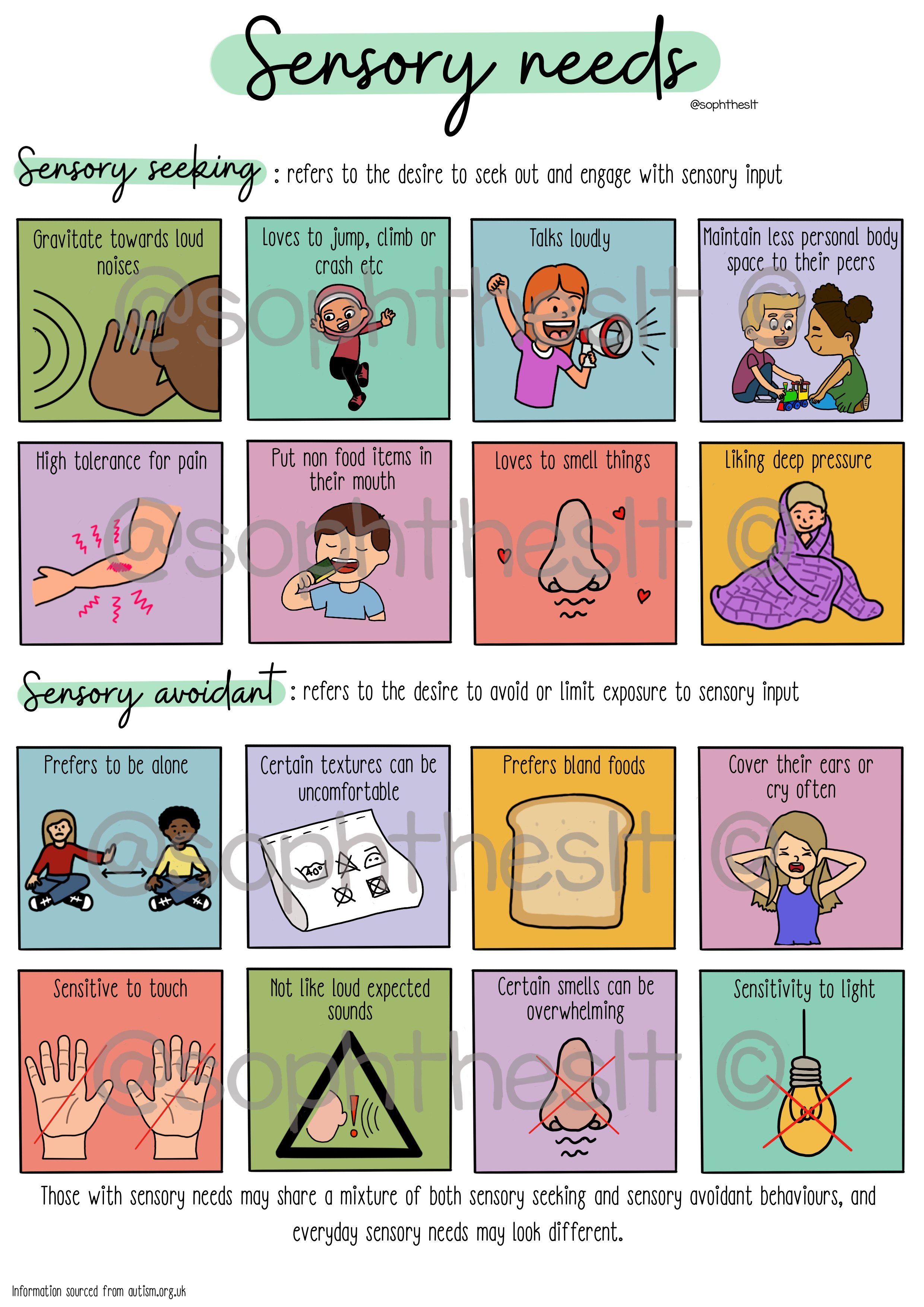Neurodivergence
Neurodiversity is a concept that acknowledges and celebrates the natural variations in the human brain and its functioning. It suggests that differences in neurological development and functioning, such as those seen in autism, ADHD, dyslexia, and other conditions, are normal variations of the human experience rather than deficits or disorders.
Here at Talking Lab, we are neurodivergent affirming therapists, meaning we are completely open and accepting of neurodivergent differences. We are here to help you understand your strengths and needs, whilst supporting you to develop your self-awareness, self-esteem and communication goals.
Some differences may include
Differences in attention and cognition
Differences in learning and thinking
Differences in sensory processing
Differences in feeling
Neurological differences
Differences in speech, language, and communication needs
Differences in speech, language and communication needs
Abstract Language
Individuals may experience difficulties understanding idioms, metaphors, double meanings, and sarcasm, leading to frequent communication breakdowns. For example, phrases like "it's raining cats and dogs" or "spill the beans" can be confusing because they aren't meant to be taken literally.
Processing Speed
Language and spoken information processing can take longer for some individuals. This means they may require extra time to respond to questions or follow conversations which can be mistaken for inattentiveness or lack of understanding.
Social Skills
Attributes such as neutral facial expression, reduced level of eye contact and direct communication (saying what they mean, and meaning what they say), are typical characteristics of a neurodivergent profile. Typically, friendships are built through info dumping, (talking a lot about a topic in great detail), and sharing values, likes and dislikes.
Situational Mutism
Situational mutism is characterised by an inability to speak in specific social situations due to high levels of anxiety. This can be misunderstood as rudeness or disinterest but is a significant communication barrier for those affected.
Working Memory
Working memory issues can make it challenging to remember spoken instructions and multiple pieces of information, such as multi-part instructions. This can impact daily tasks and learning processes, as recalling all parts of complex instructions might be difficult.
Echolalia
Echolalia is the repetition of sounds, words, or phrases. This might include lines from a film, phrases just heard, or repeated noises. It can serve various functions, such as self-soothing, communication, or as a way to process language.
Talking Lab can help by:
Offering initial assessments to assess you/ your child’s communication profile
Creating visual supports e.g., visual timetables, communication boards, feelings boards etc.
Offering assessments and reports suitable for Education, Care and Health Plan (EHCP) applications
Co-producing an ‘all about me’ neurodivergent profile
Offering assessments and reports suitable for EHCP annual reviews and tribunal processes.
Training e.g., Autism awareness, language strategies, using visuals, using Augmentative and Alternative Communication (AAC), signing etc.
Additional Resources
Neurobears; a course for Autistic young people and their parent/caregiver: www.pandasonline.org
Kieran Rose’s Autistic masking course: https://theautisticadvocate.com/basics-autistic-masking/
Autistic infographics: https://www.autisticality.co.uk/autisticality-content
Autism Level Up Energy Meter: https://www.autismlevelup.com/#tools
